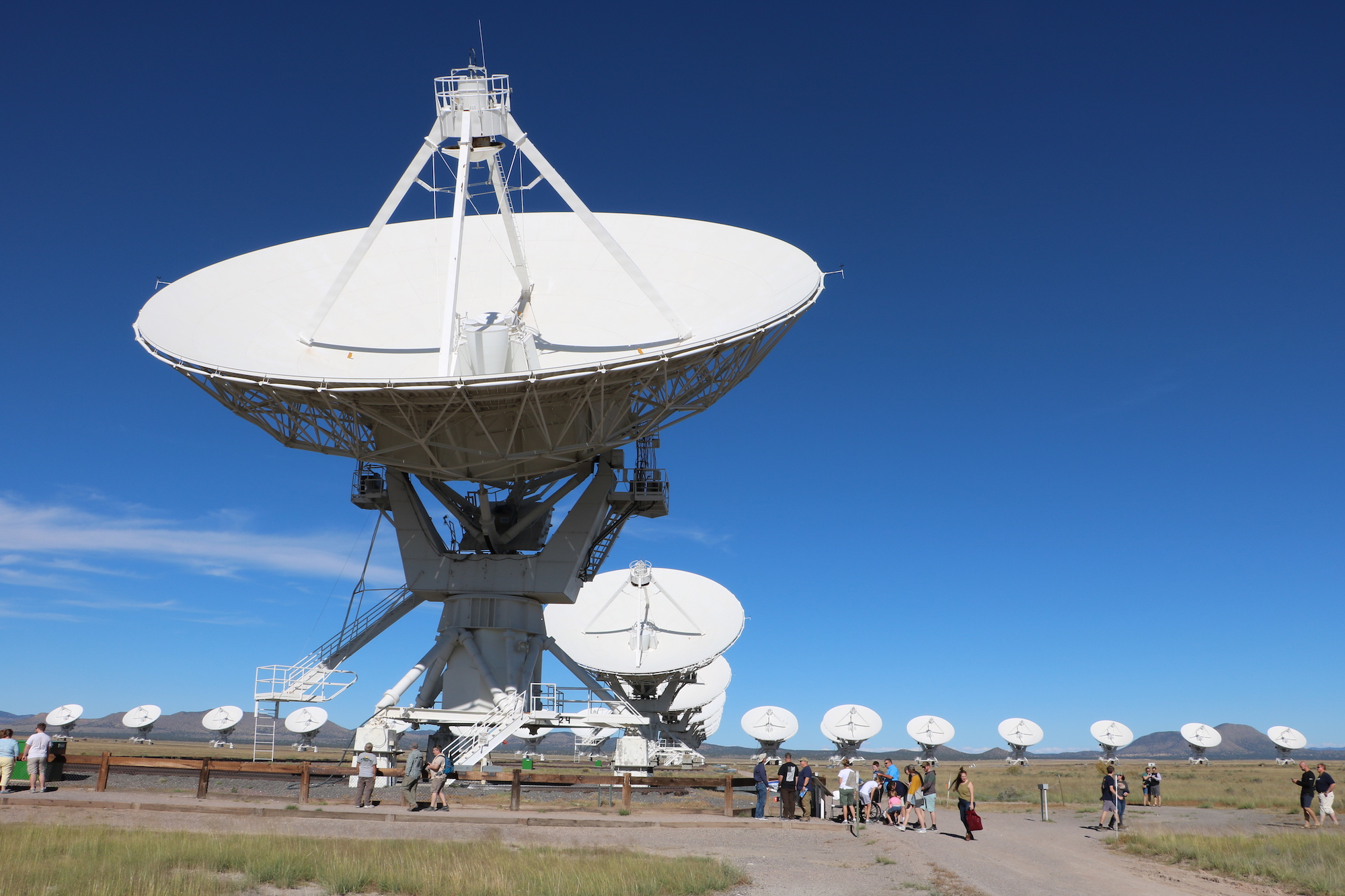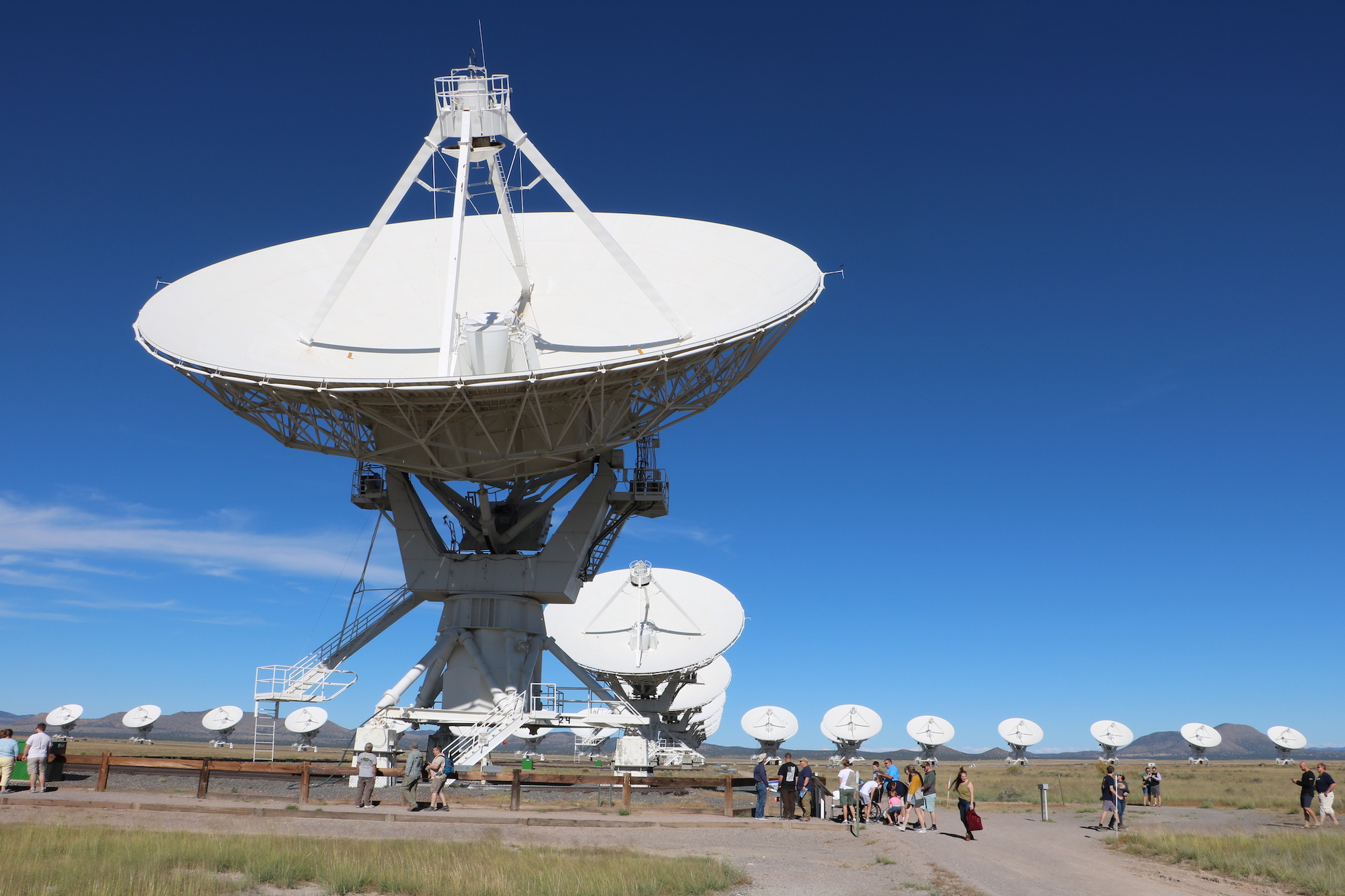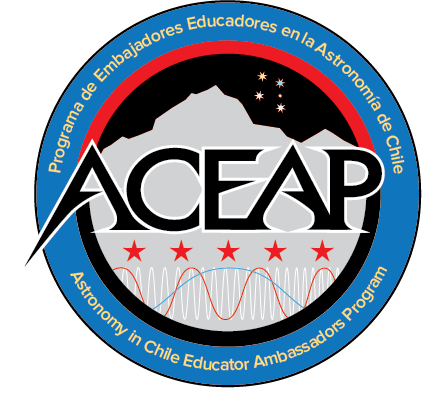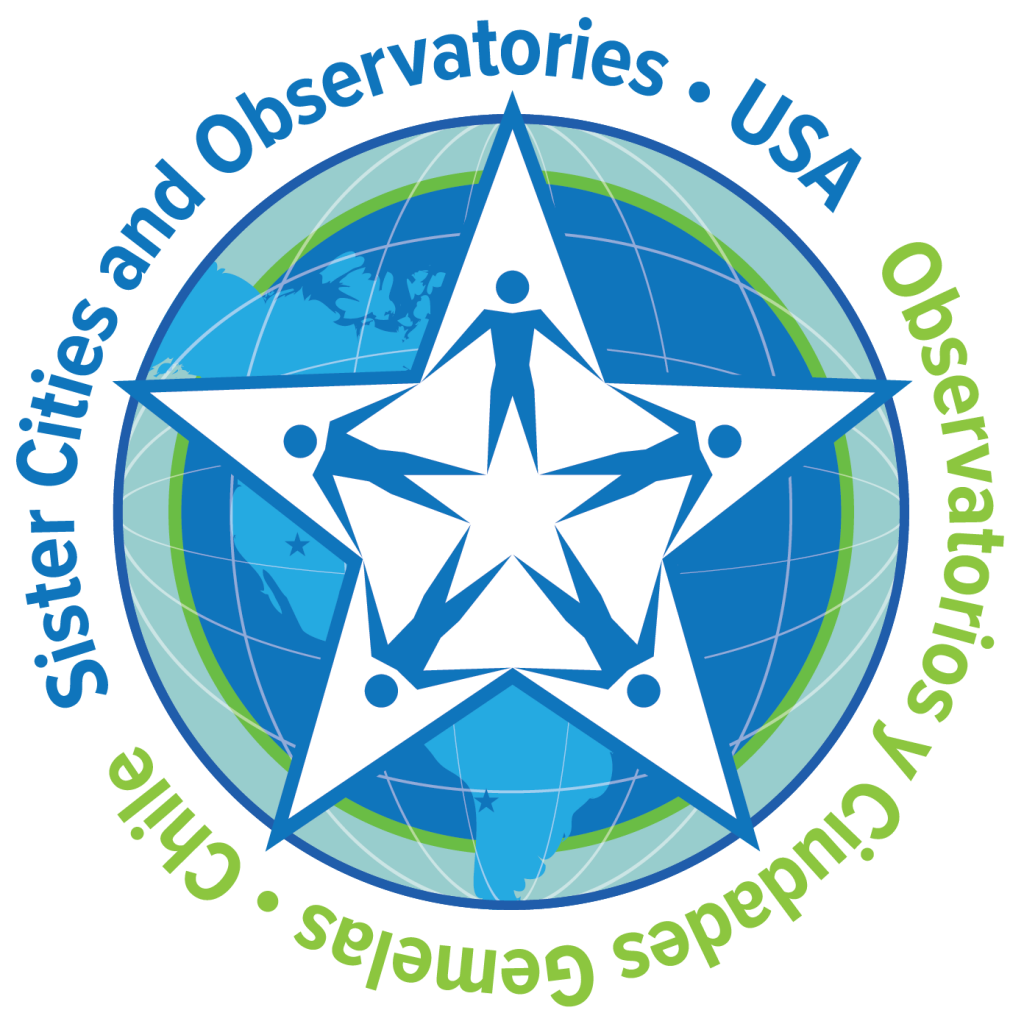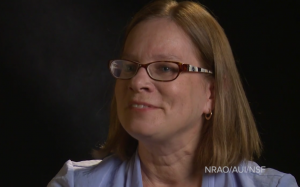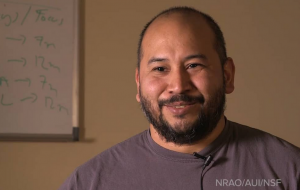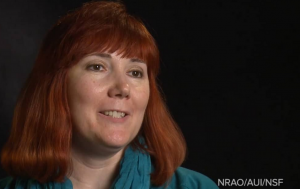Outreach Programs & Events
The NRAO Education and Public Outreach Department is developing Science, Technology, Engineering, Arts, and Mathematics (STEAM) programs for local and national outreach efforts. Our initiatives focus on designing and delivering engaging radio astronomy programs and products for the general public, K-12 students, and formal and informal educators. We are also developing innovative methods to explore the intersection of art and science.
NRAO proudly supports local and national education and student organizations by offering a variety of educational resources that can be tailored to specific topics and age groups. We can offer both virtual and in-person programming for a range of settings (classroom, afterschool, libraries, conferences, etc.).
To request one of these programs please fill out our Educational & Public Outreach Request form.
For any other inquiries, please use the STEAM Ed Contact Us form.
NRAO has opportunities for undergraduate and graduate students through our (Research Experiences for Undergraduates) (REU) program and our Office of Diversity and Inclusion (ODI).
Learn more about our ODI programs: the National Astronomy Consortium (NAC), and the National and International Non-Traditional Exchange (NINE) program.
To explore careers at NRAO, check out our Role Models video series or check out our open job listings.
Upcoming Events
Featured Programs
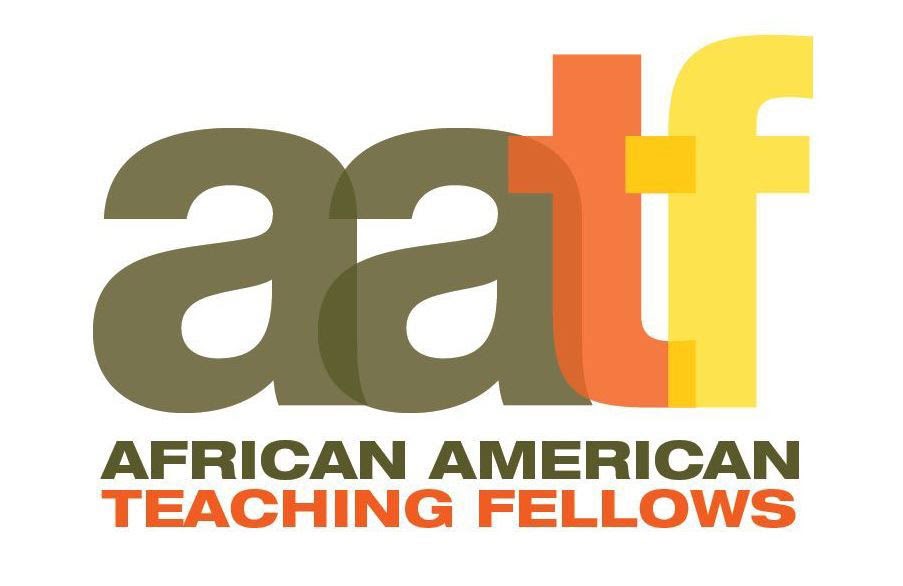
African American Teaching Fellows STEAM ED Think Tank (AATF)
The mission of African American Teaching Fellows (AATF) is to recruit, support, develop, and retain a cadre of African American teachers to serve the schools in Charlottesville City and Albemarle County, Virginia, where the diversity of the instructional staff is significantly lower compared to the student population. NRAO and AATF began a partnership in 2018 to develop science-based, interdisciplinary-intended lessons created by teachers, for teachers, to bring radio astronomy into the classroom. Due to COVID-19, AATF fellows have been unable to test the resulting lessons in the classroom; however, we are optimistic that this will be possible by June 2023. In the meantime, we welcome any and all K-12 teachers who would be interested in using these activities with their students.


